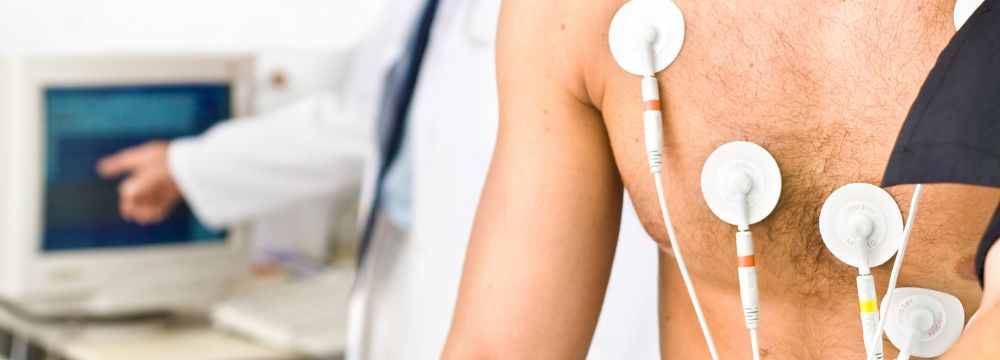When an EKG Simply Isn’t Enough

If you’ve experienced a symptomatic paroxysmal or occasional arrhythmia such as in early Atrial Fibrillation or Afib, the most common arrhythmia in the United States and worldwide, you may feel that your heart fluttered, pounded, raced, or skipped a beat. If you are experiencing this form of arrhythmia, the typical onset is early in the disease process, and you should bring it up with your primary care physician or go directly to a specialist electrophysiologist such as Dr. Moretta.
However, when visiting your PCP or other physicians that do not specialize in heart rhythm disorders, you will likely be diagnosed using an electrocardiogram or EKG. An EKG is ubiquitous in medical offices and invaluable in finding irregular heartbeats early. However, the EKG has a significant drawback – it only measures the heart rhythm at that moment. In other words, if the arrhythmia episode is not occurring while you’re hooked up to the EKG, it will register a normal heartbeat.
Yet You Still Are Convinced That You Have an Arrhythmia
There are several potential solutions to this issue. Wearable EKG technology is a popular topic these days. Smartwatches such as newer Apple watches have built-in EKGs that measure your heart rhythm and can even notify you if they detect what they believe to be Afib. But even these wearable technologies have significant drawbacks. First, not all hearts are the same, and what may look like an irregular heartbeat to a device may be a common heart rhythm anomaly specific to that patient. Similarly, abnormal readings and notifications about an Afib episode may unduly scare the patient into thinking they have a heart rhythm issue. Without the guidance of their electrophysiologist, it’s easy to expect the worst.
So, What’s the Solution?
Ultimately, visiting a qualified electrophysiologist is the best way to manage the symptoms associated with Afib and get a definitive diagnosis. We have the tools required to diagnose paroxysmal arrhythmias properly. EPs are armed with Holter monitors that can measure arrhythmias for a few days or event monitors or loop recorders – even implantable devices – that can measure heart rhythm for months and even years.
In the unlikely event that even these highly sensitive devices do not register an arrhythmia, we may discuss the possibility of an EP study. EP studies are performed in the EP lab at our hospitals and involve using advanced catheter technology to visualize the heart’s structures and better understand its electrical impulses. The arrhythmia can even be induced mechanically or chemically. As a diagnostic tool, EP studies are usually reserved for when other diagnostic methods have not worked. On the flip side, if a treatable arrhythmia is found, Dr. Moretta may be able to ablate the offending heart issue under a single anesthesia event, saving patients time, money, and risk.
To learn more about how we diagnose heart rhythm issues, we encourage you to contact us to schedule an appointment with Dr. Moretta.